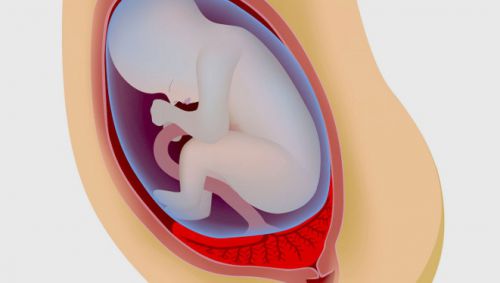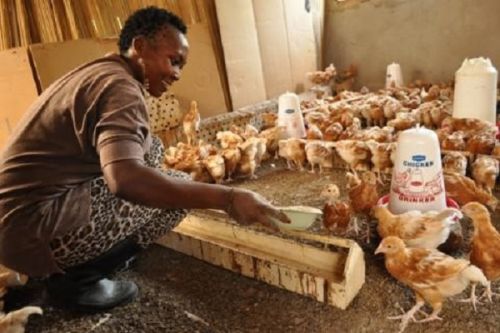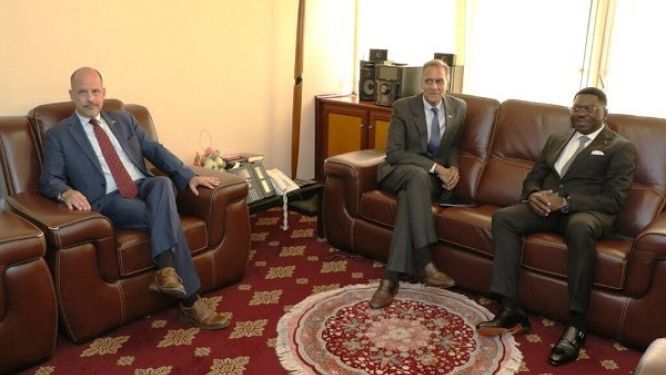When a child is born, it is very often a moment of joy. And amidst this excitement, some mothers do not lose sight of their priorities. Despite the post-birth pains, they keep their eye on their baby's placenta.
The Bantu custom is indeed to bury this precious envelope which covered the child for months. The placenta is buried under a big rock or a hole dug for this purpose. “Men take care of this in the Bassa’a culture”, informs Jeanne, a fifty-year old woman. And if the placenta is thrown away just like any other waste, what becomes of the baby? “In reality, if we bury the placenta and the umbilical cord, it isto protect the child from witches who could take them and mystically hurt the baby or kill it”, informs Mr Nkwebo, a notable Balengou personality (from the Bamiléké ethnic group), who is also an animist.
He stresses that the burial of the placenta is a rite which is carried out by women in Bamiléké country. “We share grilled plantain, mixed with red palm oil. The mystical logic is that whoever eats this meal will not be able to -mystically- eat the baby”, he revealed while specifying that if the child is born in the city, the placenta is buried in the parents' house, if they own it. Because the location wherever your placenta/umbilical cord is buried, is your native land.
Monique Ngo Mayag















